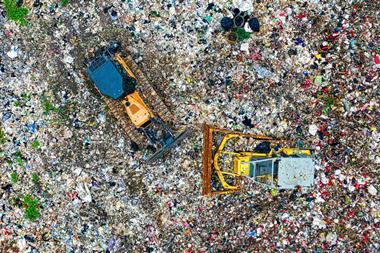The €206bn asset manager PGGM has invested around €200m in a portfolio of solar panels run by Tesla-owned energy provider SolarCity, the largest player in the US.
With the investment, the provider for the €187bn healthcare scheme PFZW has become co-owner of solar energy systems at 38,000 households across 21 states in the US and with a combined capacity of 275 megawatts.
Its return would be from rental income, maintenance contracts, and financing, and would be in line with infrastructure yields, the asset manager indicated.
Maurice Wilbrink, spokesman for PGGM, said returns from the direct investment would be “proper, stable and for the long term”.
PGGM indicated that it was its first investment in the fast-growing market of decentralised energy generation. It added that the investment fitted well into its growing portfolio of private investments focused on sustainability.
The investment was made on behalf of PFZW and the €6bn sector scheme of painters and decorators (Schilders), as well as some other pension fund clients, PGGM said.
Erik van de Brake, PGGM’s head of infrastructure, said the transaction was part of the asset manager’s intention to make long-term investments in sustainable energy projects and firms, and would sit alongside existing stakes in energy transition, such as offshore wind farms, district heating, and smart meters.
“Energy transition offers great opportunities for specialised investors like us, who are able to make large amounts available for the long term for sustainable energy infrastructure,” he added.
PGGM said the duration of its contract would be at least twenty years.
Wilbrink said that the asset manager wanted to make similar investments in the Netherlands, but no projects of sufficient scale were available. Usually, PGGM’s investments comprise between €200m and €500m.
Wilbrink also made clear that PGGM had thoroughly assessed the susceptibility of its US investment to political risk.
“SolarCity’s portfolio is in part subsidised through tax credits, which will be gradually phased out,” Wilbrink said. “Many individual contracts are based on schemes at state level, and we expect that significant changes will be unlikely.”
PGGM Infrastructure started investing in sustainable energy in 2010 with a direct investment in Walney, a wind farm in the Irish Sea. It has also invested in companies involved in large-scale application of smart meters. At the moment, at least €1.3bn of PGGM’s €7.5bn infrastructure portfolio is invested in renewable energy.
Its current sustainability mandate aims to make €20bn of investments with a measurable sustainability impact by 2020.








